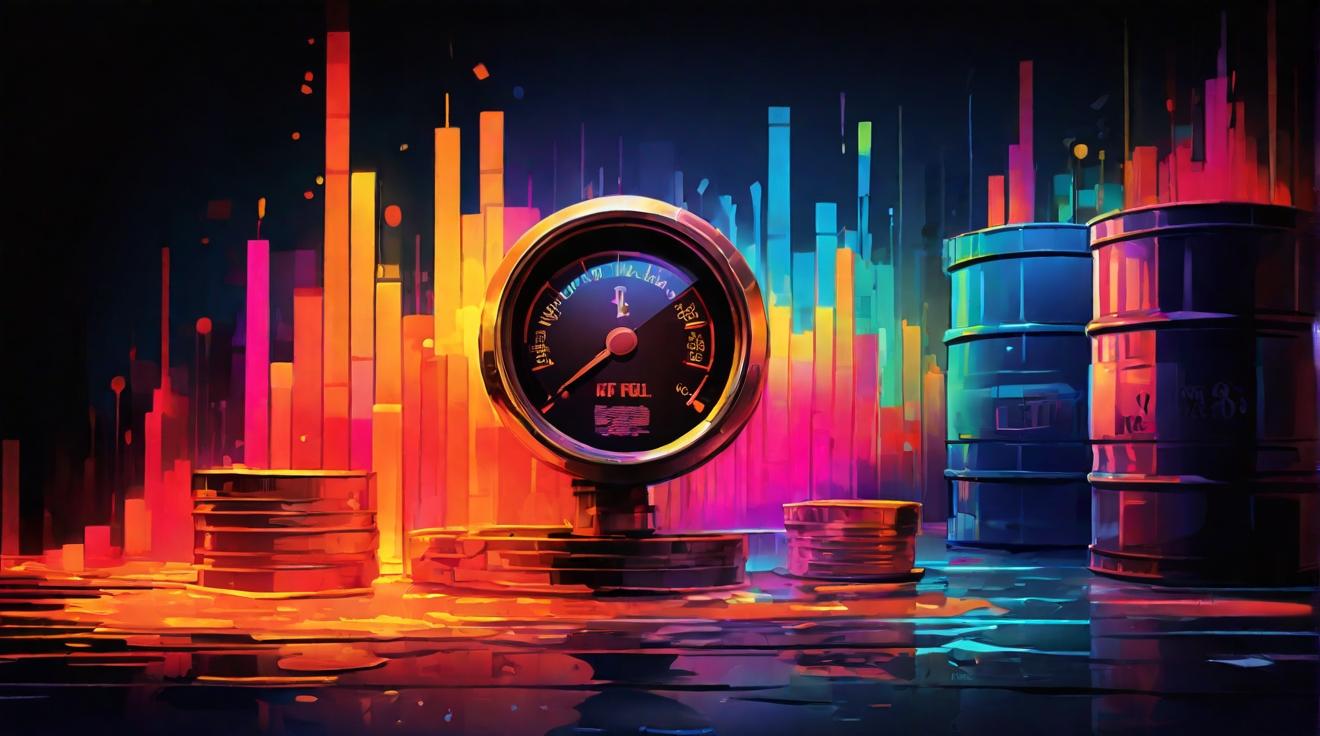Energy Prices Could Reverse Drag on Inflation, Driving Up Overall Prices
Energy prices have been dragging down inflation recently, but that trend may be about to change. While gasoline and heating oil prices have fallen in recent months, gasoline prices have already started picking up this month and could continue rising into March. In addition, overall oil prices have increased by about 5% in February due to escalating violence in the Middle East and signs of a rebound in demand.
According to the Bureau of Labor Statistics, energy prices fell by 0.9% in January compared to December levels. This decline in energy costs has contributed to inflation being lower than expected, apart from rising expenses in areas such as housing. In January, inflation rose by 3.1%, faster than economists had anticipated. Core inflation, which excludes food and energy, rose by 3.9%. These higher-than-expected inflation rates caused stocks to fall, with the S&P 500 dropping by 1.1%.
However, energy prices are now poised to rebound. West Texas Intermediate crude prices, the benchmark for the United States, have already risen above $77 per gallon from around $74 at the beginning of the month. Furthermore, the average price of a gallon of gasoline is now $3.23, up from $3.07 a month ago, according to AAA. This upward trend in gasoline prices is expected to continue as refiners switch from the cheaper “winter blend” gas to a more complex and expensive summer blend, while driving demand also increases.
Gasoline holds the largest weight in the inflation calculation among all energy products. Nevertheless, electricity is not far behind, and electricity prices have remained stubbornly high despite the decrease in natural gas prices in recent weeks. In January, electricity costs rose by 1.2% compared to December levels and are up by 3.8% from the previous year. Electricity rates tend to be “sticky” because they reflect expenses such as transmission and infrastructure upgrades, which utilities typically do not pass on to consumers when prices decrease.
Notably, higher energy prices can trickle down to affect the prices of other goods. When diesel prices rise, it becomes more expensive for retailers to cover shipping costs, which can lead to a rise in the prices of goods. Therefore, higher energy prices do not just impact inflation directly but also indirectly affect prices overall.
Analyst comment
Positive news: Energy prices could reverse drag on inflation, driving up overall prices.
As an analyst, I predict that the market will see an increase in inflation as energy prices rebound. Gasoline prices have already started picking up and are expected to continue rising, along with overall oil prices. This could lead to higher prices for goods and an indirect impact on inflation.













